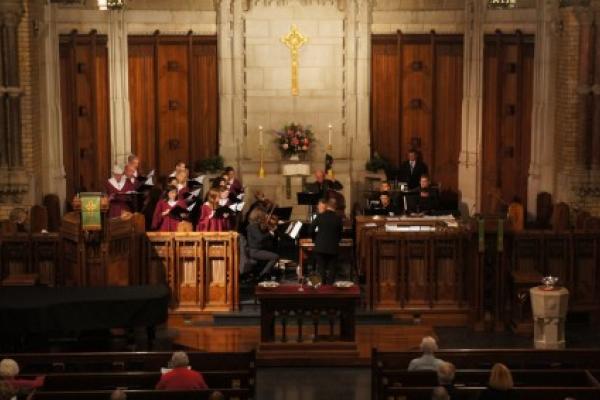Apr 16, 2014
Think Christmas, and carols come to mind: “Joy to the World,” “Silent Night,” “The First Noel.” But think of the other great Christian season — Holy Week and Easter — and most people draw a musical blank.
That’s a shame, say church music experts, because the great trove of Holy Week music is firmly rooted in church, where, depending on location, tradition, and taste, believers hear everything from folk music to Gregorian chant, from classical requiem Masses to Passions by modern composers.
“The music written for Holy Week is some of the richest in our literature,” said David Ludwig, dean of artistic programs at Curtis Institute of Music in Philadelphia.
Read the Full Article

Already a subscriber? Login
